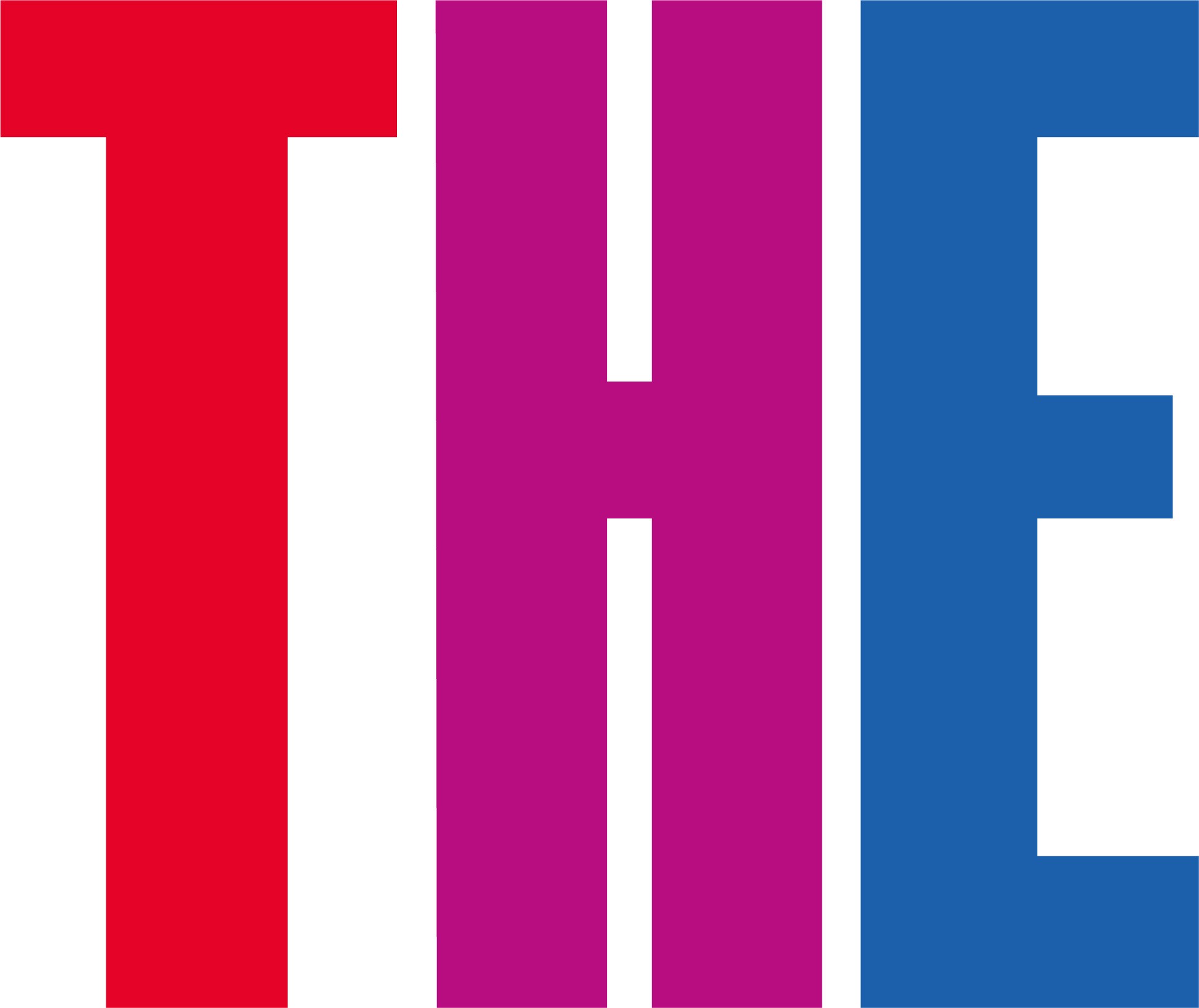You have /5 articles left.
Sign up for a free account or log in.
Colleges and universities across North America and Europe are reporting significant declines in enrollment of first-year Russian-language students, with scholars blaming the Kremlin’s war on Ukraine.
 Academics at leading Russian and Slavic studies departments told Times Higher Education that they were seeing 30 to 50 percent declines in enrollment figures for elementary Russian.
Academics at leading Russian and Slavic studies departments told Times Higher Education that they were seeing 30 to 50 percent declines in enrollment figures for elementary Russian.
At Yale University, enrollment in first-year Russian is 40 percent lower this year than in the past five years. Sweden’s Lund University has seen a 40 to 50 percent decrease from last year. Swarthmore College and Wellesley College—leading U.S. liberal arts institutions—have both seen a 30 percent decrease.
Times Higher Education has seen reports of enrollment figures for other institutions, including the University of Kansas, the University of Tennessee and Williams College, noting declines of a similar order, although the figures were not confirmed by the institutions directly.
Meanwhile, the war appears to have given a boost to other Slavic languages, with Polish and Ukrainian making pronounced gains in some places.
Edyta Bojanowska, professor of Slavic languages and literatures at Yale, said that Yale’s enrollment for introductory Russian was at a six-year low as its demand for first-year Polish reached an all-time high.
“The new geopolitical situation in Eastern Europe certainly opened up a unique window for such initiatives by realigning student interests. Constant media coverage of not just Ukraine but Eastern Europe more broadly may have increased young people’s interest in East European languages and cultures other than Russian,” Bojanowska said.
She noted that “instructors’ reports of informal conversations with students last spring indicate that Russia’s war in Ukraine made many students question their decision to study Russian, and that this decision has acquired an ethical dimension.”
Bojanowska said she hoped that Yale might add in-person Ukrainian teaching if interest continues.
This year the University of California, Berkeley, is offering a Ukrainian-language option for the first time. Meanwhile, the University of Alberta has more than 60 Ukrainian-language students—roughly double last year’s enrollment.
“For Ukrainian 101, this totals about a third of our current Russian [101] enrollments, no small feat considering the novelty of the program,” said David Kurkovskiy, a graduate student teaching the Russian course.
Scholars at two British institutions with major offerings in these areas—the University of Oxford and Durham University—said it was too early to count their student figures.
“In the past, bad news for the region has indeed usually been followed by a rise in student interest in the course,” said Nicolette Makovicky, director of Oxford’s Russian and East European studies program.
She added that the war in Ukraine was already affecting academe in other ways.
“I already get a sense that the war is speeding up a ‘decolonizing’ of Russian history and studies,” said Makovicky, noting “greater interest in what might have formerly been seen as the margins of the U.S.S.R.,” including the Caucasus and Central Asia, and a “re-evaluation of the relationship between the periphery and center.”




